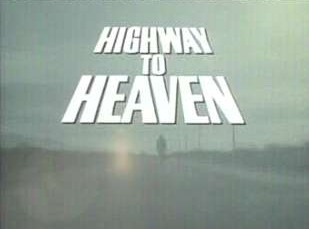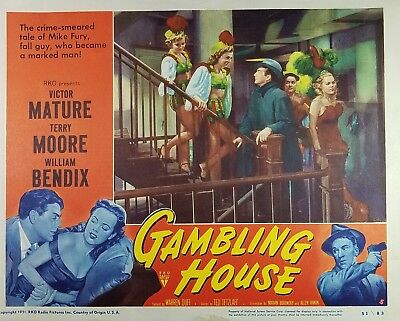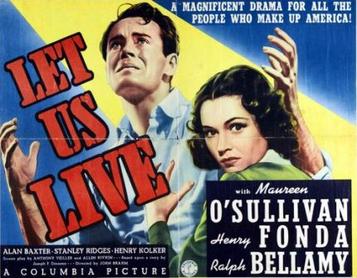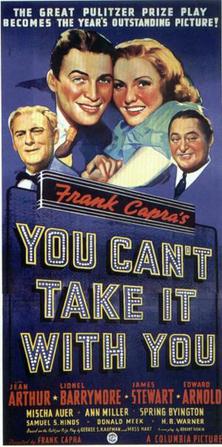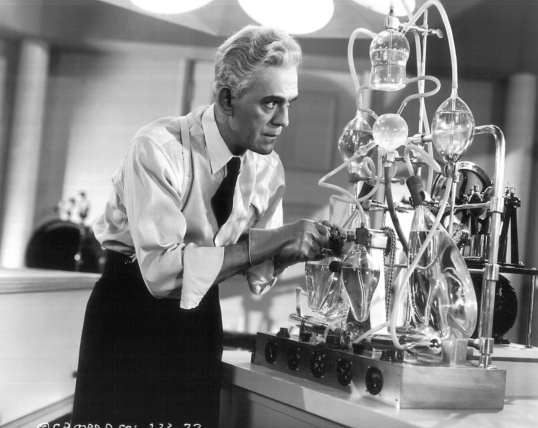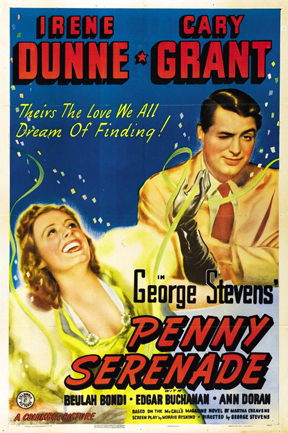Welcome to Late Night Retro Television Reviews, a feature where we review some of our favorite and least favorite shows of the past! On Thursdays, I will be reviewing Highway to Heaven, which aired on NBC from 1984 to 1989. The entire show is currently streaming on Freevee and several other services!
This week, the story of Julian and Scotty continues!
Episode 2.11 “The Monster Part II”
(Dir by Victor French, originally aired on December 11th, 1985)
This week’s episode of Highway to Heaven begins where last week’s episode ended.
Julian (Jeff Kober) has been charged with attempting to murder Rachel McCullough (Annabella Price) and the whole town is ready to convict him because he has a birthmark on his face and a bratty kid named Ridley (Peter Billingsley) claims that he saw Julian push Rachel. Rachel, having hit her head, is in a coma and not expected to survive. Julian is pressured to accept a plea bargain but he protests that he’s innocent and that he loves Rachel. He would never had hurt her, no matter what the ignorant townspeople believe.
Only Jonathan and Scotty (James Troesch) believe that Julian is innocent. After Jonathan saves the depressed Scotty from drowning in his swimming pool, Scotty agrees to put off suicide so that he can defend Julian at his trial. Scotty does so from his motorized wheelchair and, as he explains to the jury, he knows what its like to be treated a certain way because you look different. With ease, Scotty demolishes Ridley’s testimony and puts the smug prosecutor in his place. All of the reporters in the courtroom are shocked when Julian is acquitted but the prosecution really didn’t have a case, beyond Julian having a birthmark on his face. Scotty gets back together with his wife (Margie Impert) and Rachel not only wakes up but she wakes up with her sight restored. Despite Julian’s fear, Rachel loves him even more when she can see his face.
Awwwwwww!
(Where is Mark during all this? He doesn’t show up until the final few minutes, probably because Victor French was busy directing this episode.)
Even if one sets aside that this episode is nearly 40 years old, it still feels old-fashioned. This is the type of courtroom drama where the trial watchers gasp at each piece of testimony. As far a courtroom procedurals go, this episode went more for melodrama than realism but that’s to expected with this show. It was heartfelt and earnest and Jeff Kober gave a touching performance as Julian.
Probably the most interesting thing about this episode was the number of times Jonathan got mad at people. He got mad at Julian’s original lawyer. He got mad at Scotty for trying to drown himself. He called Scotty’s wife a “jerk” to her face. He gave the prosecutor a dirty look during the latter’s opening statement. He even got annoyed with Julian’s overly protective mother (Ann Doran). Jonathan may be an angel but this episode suggests that even angels lose their patience.
